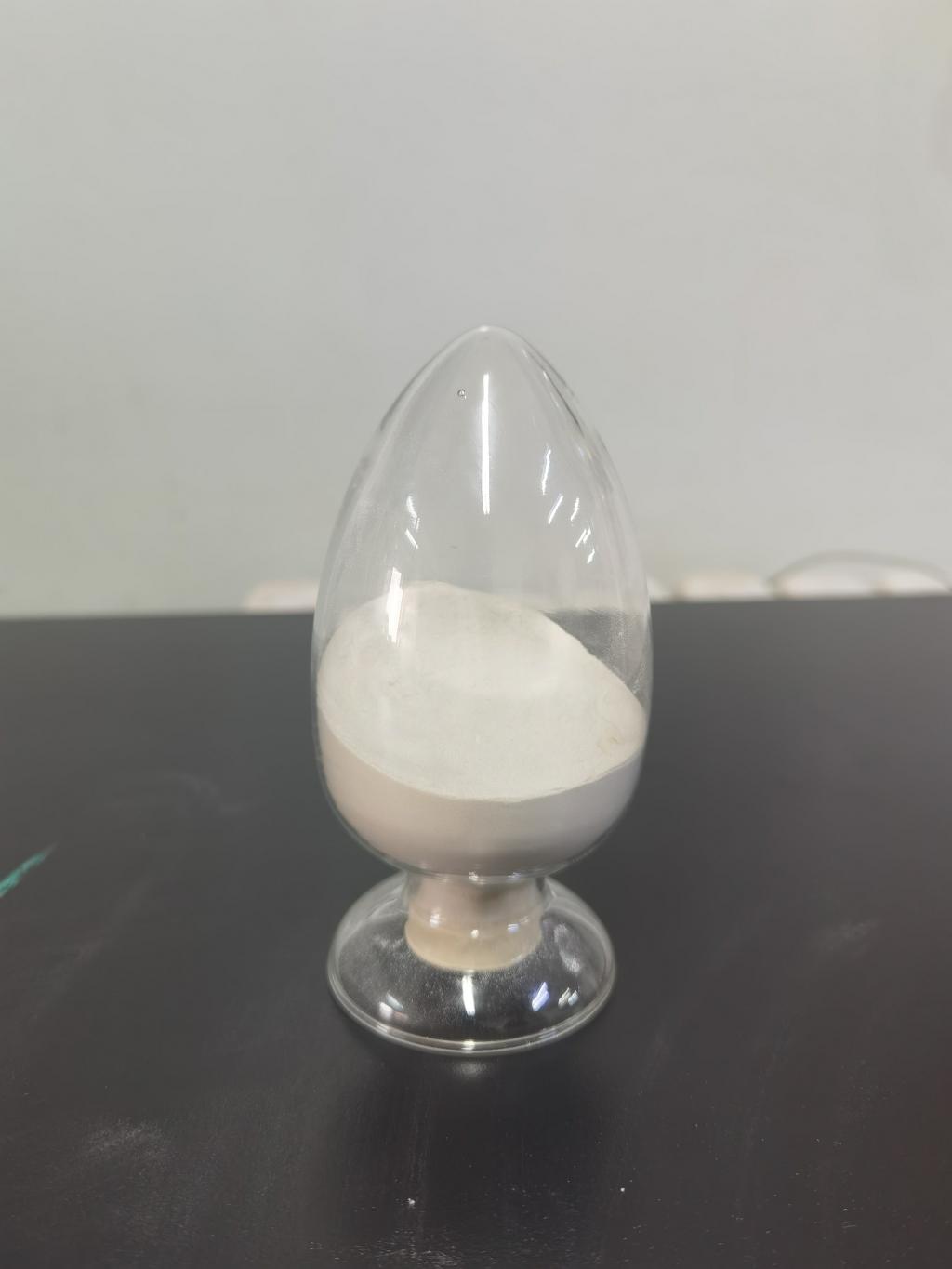Tel:+8618231198596

News
 CONTACT
CONTACT
 CONTACT
CONTACT
- Linkman:Linda Yao
- Tel: +8618231198596
- Email:linda.yao@dcpharma.cn
- Linkman:CHARLES.WANG
- Department:Overseas
- Tel: 0086 0311-85537378 0086 0311-85539701
News
Nisin's impact on reducing the economic losses associated with food spoilage and contamination.
TIME:2023-08-29
Introduction:
Food spoilage and contamination pose substantial challenges to the global food industry, resulting in considerable economic losses. According to the Food and Agriculture Organization (FAO), approximately one-third of the world's food production is lost or wasted each year. Such losses have far-reaching economic, environmental, and social implications. Nisin, a naturally occurring antimicrobial peptide, has gained attention for its potential to mitigate these losses by inhibiting the growth of spoilage and pathogenic microorganisms.
Mechanism of Action:
Nisin is produced by the bacterium Lactococcus lactis and belongs to the class of lantibiotics. It exerts its antimicrobial effects primarily through disrupting the cell membrane integrity of target bacteria. Nisin interacts with lipid II, a precursor molecule involved in bacterial cell wall synthesis, leading to membrane pore formation and subsequent leakage of intracellular contents. This mode of action makes nisin effective against a wide range of Gram-positive bacteria, including many food spoilage and pathogenic organisms.
Applications of Nisin in the Food Industry:
Dairy Products: Nisin has been successfully employed in the dairy industry to extend the shelf life of cheeses, yogurts, and other dairy products. It helps control the growth of spoilage and pathogenic bacteria, thus maintaining product quality and safety.
Meat and Poultry: In meat processing, nisin's antimicrobial properties aid in inhibiting the growth of various bacteria, including Listeria monocytogenes and Staphylococcus aureus. This results in reduced spoilage and enhanced safety of meat and poultry products.
Beverages: Nisin has been explored as a natural preservative in beverages like fruit juices and soft drinks. Its ability to combat spoilage microorganisms without altering the sensory attributes of the drinks makes it an attractive option for beverage manufacturers.
Canned Foods: Nisin can prevent the outgrowth of heat-resistant spore-forming bacteria in canned foods, extending their shelf life and reducing the risk of spoilage.
Bakery Products: In baked goods, nisin can inhibit mold growth and maintain product freshness for a longer duration.
Benefits of Nisin Utilization:
Extended Shelf Life: By effectively controlling spoilage and pathogenic microorganisms, nisin extends the shelf life of various food products, reducing the frequency of product recalls and waste due to premature spoilage.
Preservation of Nutritional Quality: Traditional chemical preservatives can negatively impact the nutritional quality of foods. Nisin, being a natural peptide, preserves the nutritional content of foods while ensuring their safety.
Consumer Demand: As consumers increasingly seek minimally processed and preservative-free foods, nisin provides a solution that aligns with these preferences.
Reduced Environmental Impact: Longer shelf life means fewer products are discarded due to spoilage, contributing to a reduction in food waste and its associated environmental impact.
Cost Savings: Nisin's effectiveness in lower concentrations compared to synthetic preservatives results in potential cost savings for food manufacturers.
Challenges and Considerations:
Regulatory Approval: Regulatory agencies in different countries have specific guidelines regarding the use of nisin in food products. Obtaining approval can be a complex and time-consuming process.
Microbial Resistance: While nisin has a broad spectrum of activity, there is concern about the potential development of bacterial resistance to this antimicrobial peptide over time.
Effect on Non-Target Organisms: Although nisin primarily targets Gram-positive bacteria, its impact on non-target microorganisms and the overall microbiota of certain food products requires careful assessment.
Technological Limitations: The efficacy of nisin can be influenced by factors such as pH, temperature, and the presence of certain food components. Finding optimal conditions for its activity in different food matrices is essential.
Conclusion:
Nisin holds immense potential in reducing economic losses associated with food spoilage and contamination. Its natural origin, broad-spectrum antimicrobial activity, and compatibility with various food products make it a valuable tool for extending shelf life, maintaining product quality, and enhancing food safety. However, challenges related to regulatory hurdles, microbial resistance, and technological considerations must be carefully addressed as the food industry continues to harness the benefits of nisin. As research and development in this field continue, nisin is likely to play a pivotal role in minimizing economic losses and fostering a more sustainable and efficient food supply chain.
- Tel:+8618231198596
- Whatsapp:18231198596
- Chat With Skype







